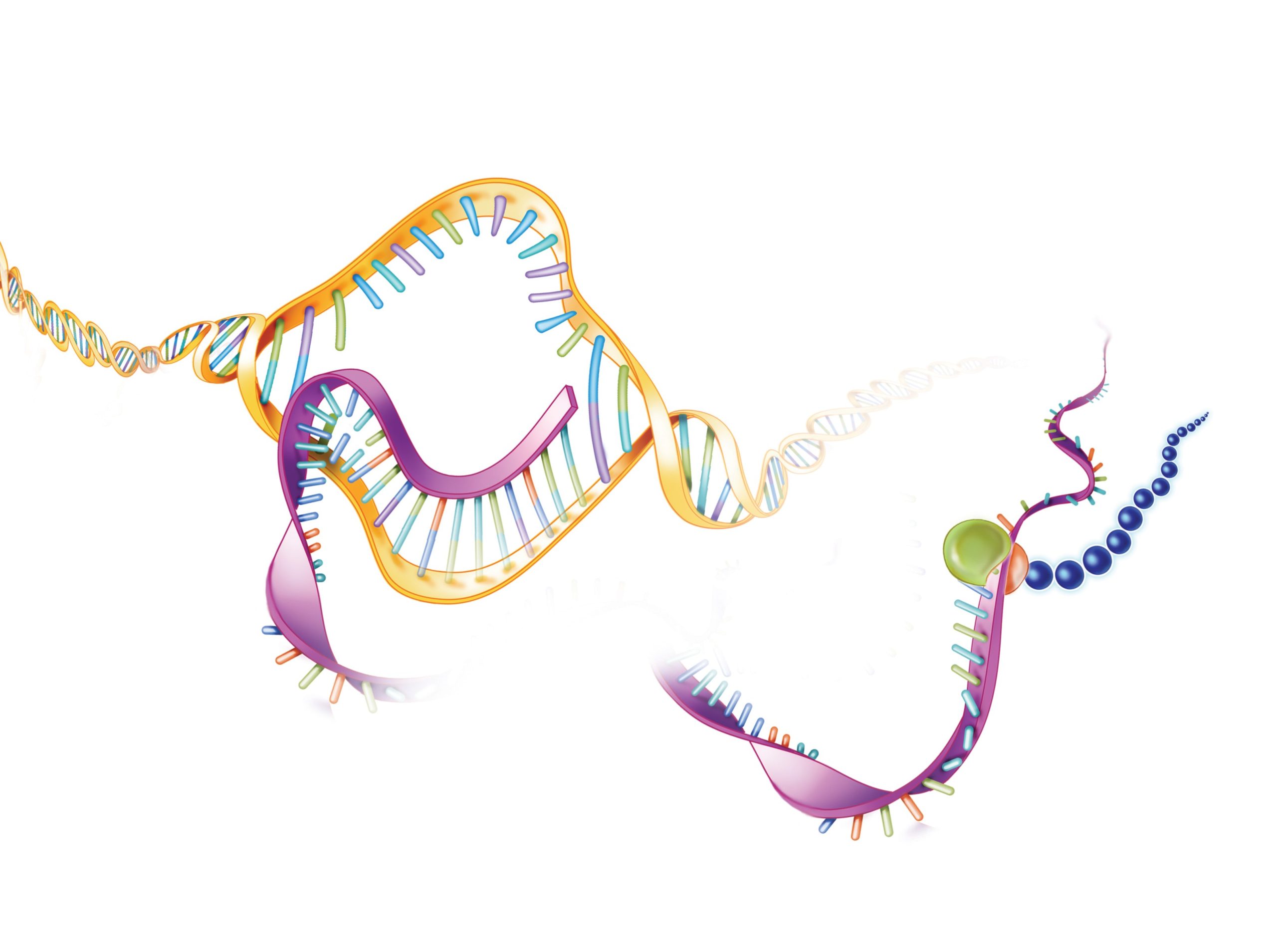A rare autoimmune disorder known as autoimmune polyendocrinopathy-candidiasis-ectodermal dystrophy (APECED) primarily affects endocrine glands and causes widespread autoimmune attacks on the body, leaving tissues and organs highly vulnerable.
Patients with APECED also have an increased susceptibility to infections caused by Candida fungi, a common source of fungal infections worldwide. The disorder is caused by bi-allelic mutations in the AIRE gene, a critical regulator of immune function, and it is considered both rare and potentially life-threatening.
A recent study conducted by researchers at the National Institute of Allergy and Infectious Diseases identified a specific genetic variant in a subset of APECED patients. Among the 104 patients studied, 17 carried this newly recognized mutation, and 15 of them were of Puerto Rican ancestry.
This discovery suggests that the variant is a founder mutation likely brought to Puerto Rico from the Cádiz region of Spain. The AIRE gene mutation disrupts immune regulation, leading to the development of overactive and destructive T cells that attack various tissues and organs.
APECED symptoms are diverse and severe, including skin rashes, alopecia, gastrointestinal issues, adrenal gland disorders, keratitis, and damage to tooth enamel. In advanced stages, complications such as kidney failure, sepsis, and certain cancers can occur.

While the disorder is globally rare, with an estimated prevalence of one in 100,000 to 500,000 people, it is more common in specific populations, including Finnish, Sardinian, Iranian Jewish, and now Puerto Rican groups. The discovery of the genetic variant provides new insights into the disease’s prevalence and underlying mechanisms in the Puerto Rican population.
The study also revealed that the mutation resides in a non-coding RNA region of the AIRE gene, creating a cryptic splice site that leads to the production of faulty mRNA and a non-functional protein.
Researchers addressed this issue by developing an antisense oligonucleotide therapy that corrected the splicing error in laboratory settings. This innovation restored normal mRNA production, showing potential for reversing the effects of the mutation and laying the groundwork for a therapeutic approach to APECED.
The findings offer a pathway for improved genetic counseling and treatment options for patients with APECED, particularly those of Puerto Rican heritage. By identifying the genetic basis of the disorder and exploring targeted therapies, the research opens new avenues for managing the disease more effectively.
The study underscores the importance of understanding genetic variations across populations to develop personalized medical solutions for rare and complex disorders like APECED.


